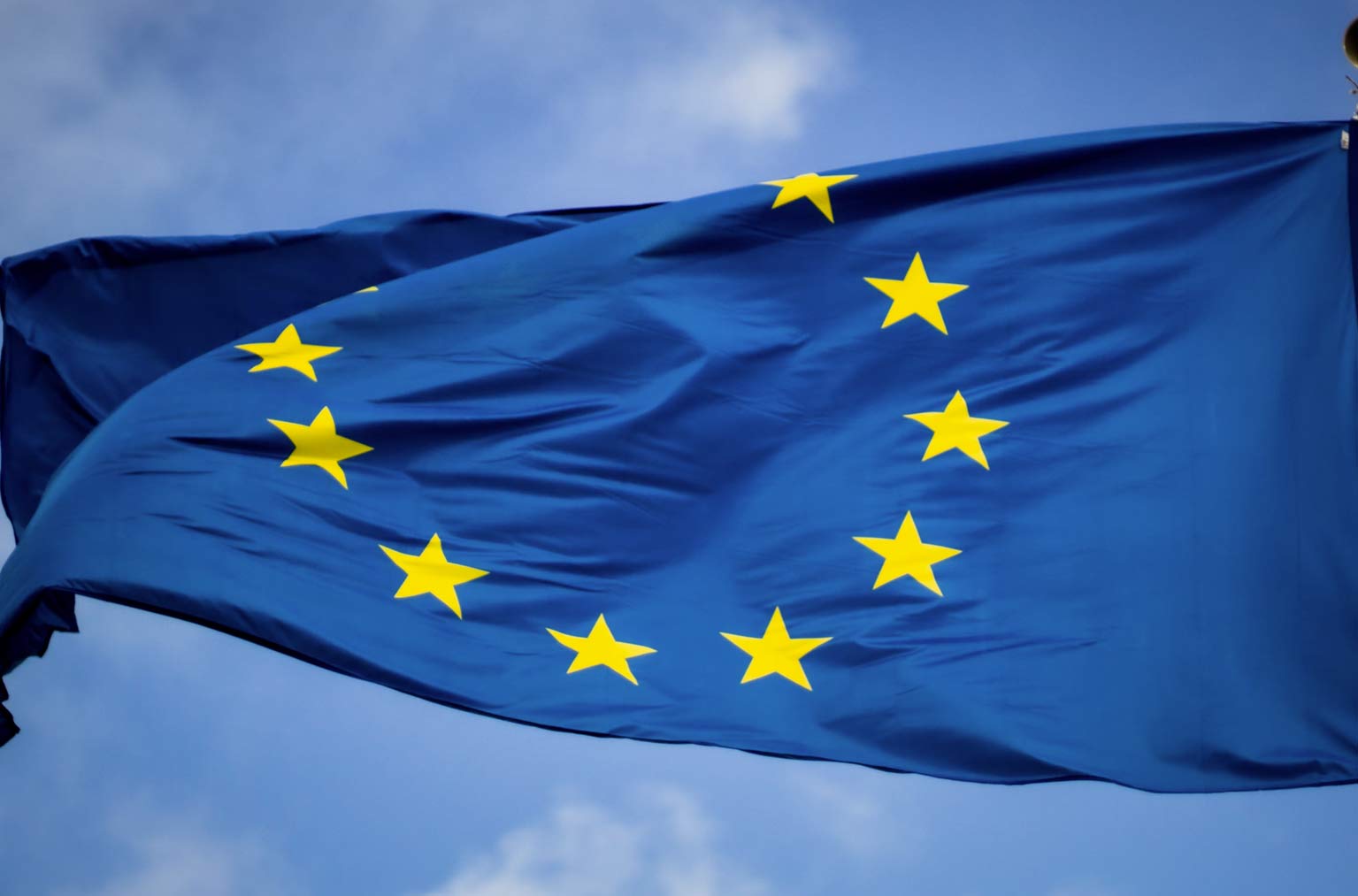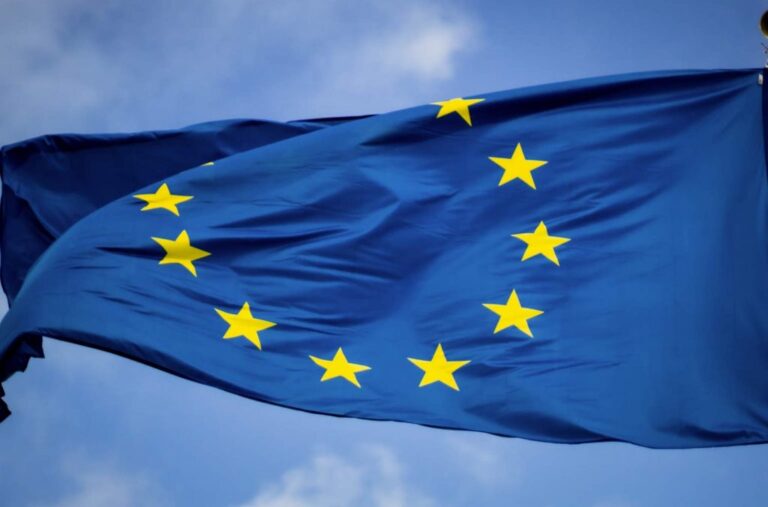
Morning Brief – A long shot
A long shot: 2/2
Whilst it should not necessarily be read as a glowing endorsement of longer-term prospects of EURUSD, the transatlantic cognitive divide that I wrote of on Tuesday should begin to moderate. The same forces that for the past couple of years have made it relatively simple to talk up the perceived outperformance of the US at the expense of Europe are likely to face a rhetorical transformation. The devastating headwinds for Europe that I highlighted on Tuesday are unlikely to persist at the pace they have. I said that markets love a comparison. Well, the Presidential election in the US may force a correction on how the importance of rates such as growth are perceived over things like the fiscal deficit. The forthcoming US election is likely to force attention to issues such as how an incoming administration will deal with a mounting debt crisis and just how sustainable is the growth and unemployment level within its star-studded labour market.
At the same time that headlines begin to focus on some of the uglier aspects of the United States’ economic outperformance, Europe has been making progress, managing more effectively overtime the supply chain headwinds that a post-covid world has delivered it. Falling wholesale energy prices, the transition into Spring/Summer and a successful switch to LNG over its former pipeline gas dependence will likely contribute to a stealthy shift in sentiment surrounding Europe when compared to the US. The consequent fall in inflation, once coupled with an interest rate cut from the US, should give the ECB the green light to cut rates and grease the wheels of the economy. There is a case, albeit not guaranteed, in this environment where growth is able to be fostered to the benefit of the Euro without undermining demand for the currency with rock bottom rates.
This transition is likely to take place at the cognitive level still. The scales are likely to tip just enough to mean that the European economy as a concept no longer springs to mind to support the view of just how much better other economies, notably the US, are performing. This transition will come at a time when European assets including the currency itself, but more importantly the stock market, equities and fixed income products, are heavily discounted. Of course, there are risks to this view but in the cycle ahead the question feels far more about to what extent Europe’s catch up to the US takes place, not whether it will occur at all.
Discussion and Analysis by Charles Porter

Related Insights

Daily Brief – British pound
British pound Sterling finds itself in the limelight and trading at its recent highs as somewhat improbably a couple of bolder market commentators have suggested the UK will benefit as a result of the disaffection with the USA and the USD at present. Those commentators have obviously not been following the commentary about UK Chancellor […]

Daily Brief – EU Inflation
EU Inflation Paving the way for a 25bp rate cut tomorrow, EU inflation came in at 1.9% on the back of uncertainty, lack of consumer confidence and people sitting on their cash. So overall good on inflation but a sign of less good things in the EU. As ever, the overall inflation figure had some […]

Daily Brief – UK Employment
UK Employment Real life consequences of policies that fulfil Chancellor Reeves’ agenda: this time we will not dwell on the plainly evident politics of envy stuff about targeting the higher earners, stuffing the non-doms, and even deciding to double tax those wishing to pay for private education or invest in property through second homes. This […]



 Humphrey Percy
Humphrey Percy